Have you seen a brownish layer appearing over the metal? It is the rust that is destructive to your metals and weakens their structure progressively.
Rust, a form of corrosion, gradually damages metal if untreated. If you don’t protect your metals, rust will never leave your path.
However, you can remove rust from metals. Do you want to know how you can wash off rust from metals? This guide will cover the tools and materials with a step-by-step guide to remove the rust from metals.
What is rust? Why does it happen?
Rust, or iron oxide, forms when iron reacts with water and oxygen, creating a flaky reddish-brown layer. The interaction of the water with the steel or iron causes a layer of reddish-brown flaky substance on the surface. Therefore, people often avoid washing iron or keeping it linked to the water.
Tools and materials needed to remove the rust from metal
There are a few reasonable tools for the metals. Here is the list.
- Protective gloves and goggles, wire brush or steel wool
- Sandpaper (various grits)
- White vinegar or lemon juice
- 重曹
- Citric acid
- Power tools (grinder, sander, or drill with brush attachment)
- Clean cloths or towels
- Paint or protective coating (after rust removal)
Methods to remove the rust from metal
There are several methods to remove the rust from metals. Here are the five most effective methods.
Method 1: Vinegar Bath
Vinegar is helpful in the removal of rust. It contains acetic acid that softens the rust through interaction.
Here are a few steps to harness this method.
- Dip the metal in the vinegar solution for the whole night.
- Use the metal brush to scrape off all the rust from the metal surfaces.
Sometimes, there is a large object, and you can’t dip it in the vinegar solution. For such items, you can soak a rag in the vinegar solution and wrap it around the metal. It will wipe out the rust from metals.
Method 2: Potato and Soap
Does it seem odd to use the potato for the rust removal? Potatoes contain oxalic acid, which reacts with rust, while soap helps lift it away.
Here are a few steps.
- Cut the potato in half and soak it in the soap solutions.
- Use the potato on the metal surface and remove the rust easily.
Such a method is helpful for the simple rust that is quick to remove.
Method 3: Lemon and Salt
Lemon and salt is another method for small-scale rust.
Follow the steps below.
- Apply the salt on the metal surface in a uniform distribution.
- Apply lemon juice and let it sit for 2–3 hours.
- Now, scrub the rust with the rind of fruit.
- Wait for the dust removal and dry the surface.
Such a method is helpful for quick cleaning at home.
Method 4: Use Baking Soda
Baking Soda can do what other methods can’t. It can remove the tough rust stains and make your kitchen utensils appear brand new.
All you have to do is apply the baking soda as:
- Prepare your baking soda.
- Apply it around the rust and wait for one hour.
- Rinse and scrape off the rust with the metal brush.
Your metal surface will appear clean and new.
Method 5: Citric Acid is Death for Rust
Citric Acid is also powerful for rust. It can even remove the toughest stains in no time.
Here are a few steps.
- Prepare a citric acid solution by adding 2-3 teaspoons of citric acid to the water bowl.
- Immerse the whole metal in the solution.
- Let it sit overnight.
- Slowly rinse and scrub the surface with a metal brush.
There will be no more rust on the surface.
Tips to prevent rust on metals
Removing rust from metals is a headache. What if your metal doesn’t even get it? Well, that is possible with the proper care and expert advice.
You can follow these tips and tricks to avoid rust on metals.
Keep metals dry
Rust is a die-hard fan of moisture and comes into play when there is contact with water.
What if you remove this source? That is possible by keeping the metals dry. You can avoid the potential contact with water.
Apply protective coatings
Imagine you can’t keep your metals away from water. Or you are constantly working in an environment where contact with water is 100% essential.
There are other ways, like the protective coatings, that renovate your metal and keep rust miles away. Use:
- Rust inhibitor sprays (WD-40, Boeshield T-9)
- Paint (for railings, gates, furniture)
- Oil (for tools and machinery)
Use galvanized steel sheets.
Stainless steel or galvanized steel is more resistant to rust and keeps it away. Instead of using pure steel or iron, you can go for these rust-resistant options like galvanized or stainless steel sheets.
Regular maintenance
Regular maintenance is nothing but a daily job. You can set a weekly or daily job. Do:
- Inspect the metal.
- Check the rust and dust.
- Remove it regularly.
- Keep your metal surfaces shiny and get accolades for quality metals.
Store metal properly
Proper storage can play a significant role in keeping rust away. You can choose an environment that is dry and adequately ventilated. If there is moisture, you can place the silica gel packets to absorb the moisture and avoid rust.
結論
Rust removal can be effortless if you go the right way. Sometimes, it reaches advanced levels and requires technical methods like electrolysis. However, it depends on:
- The severity of the rust
- The size and shape of the object
- How much time and money are you willing to spend
Do you want to purchase high-quality metal that is less likely to rust?
Don’t worry; H&N Decometal Material Engineering is here. We have the best quality of metals. Get the following services as well.
- Decorative stainless steel sheets
- Sheet metal processing
- Metal structure fabrication
- Metal decorative engineering.

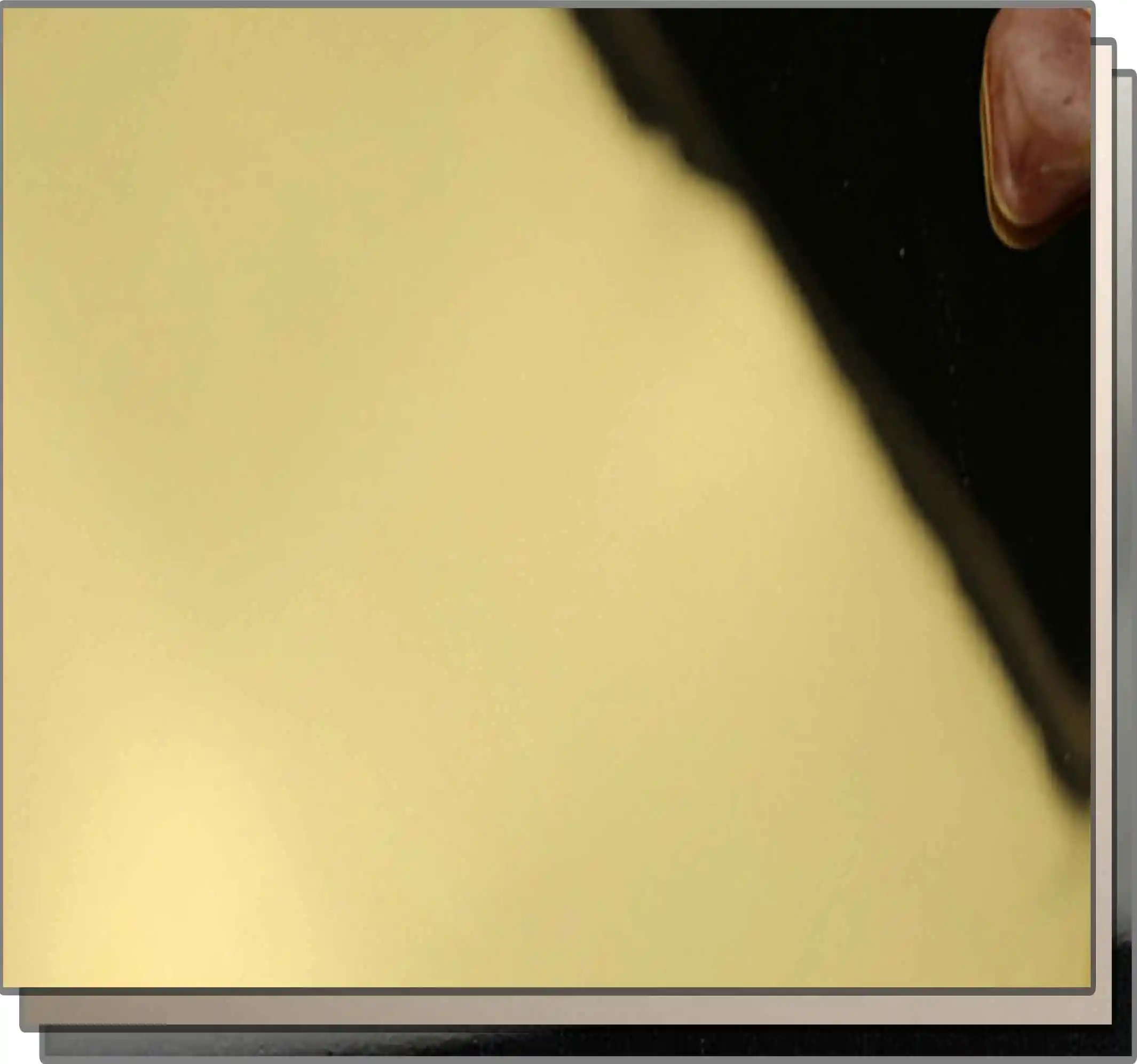
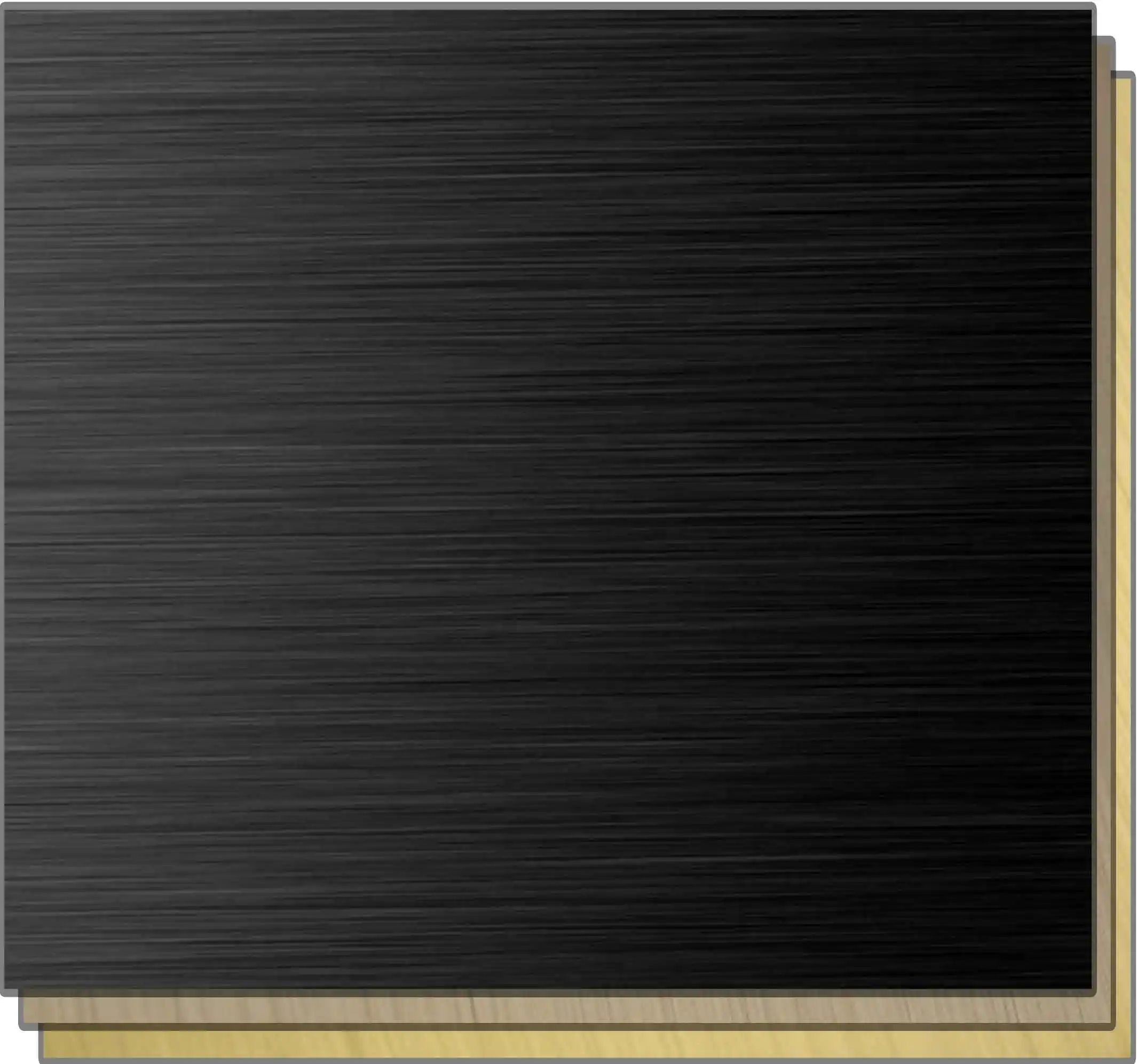
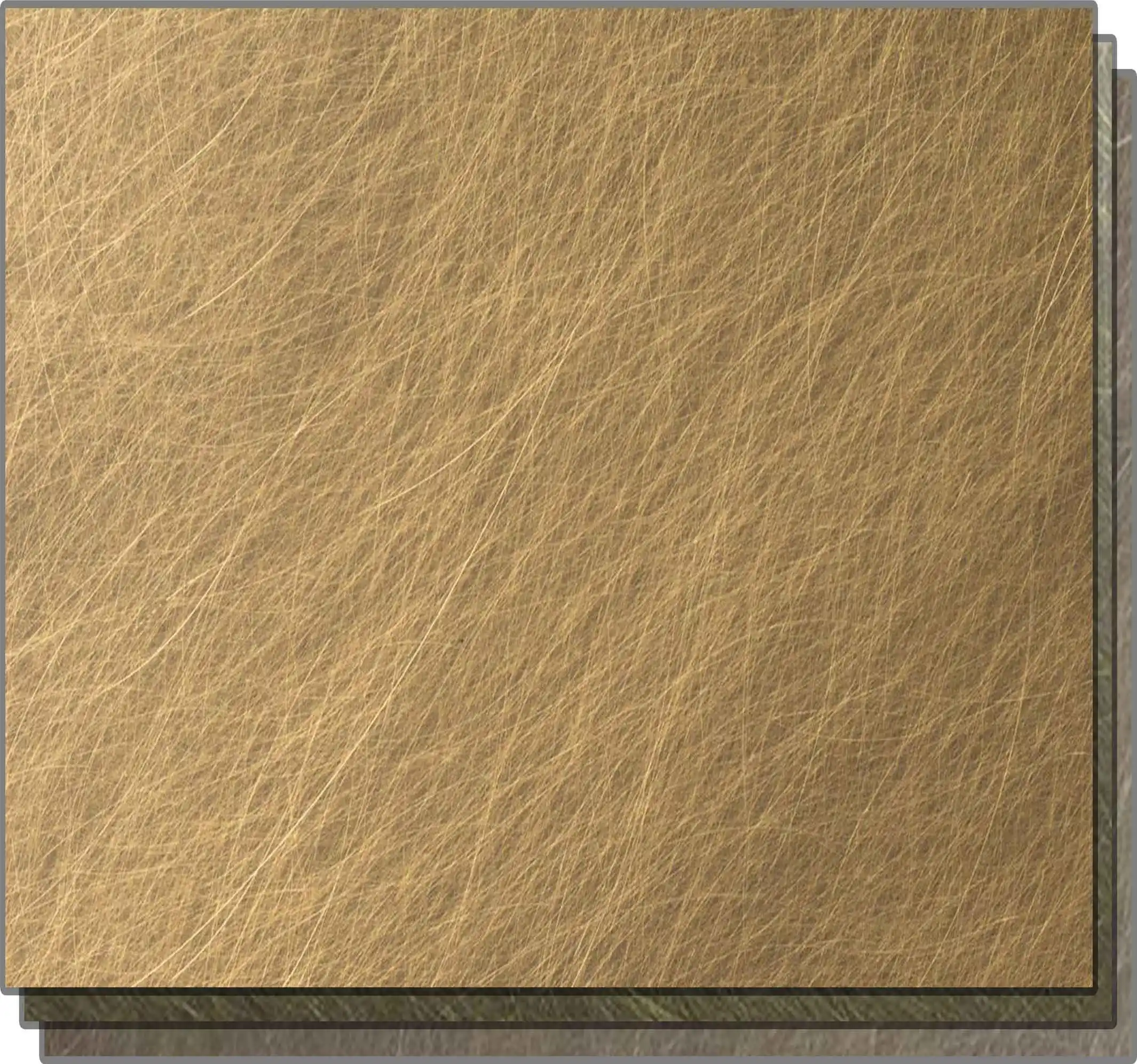
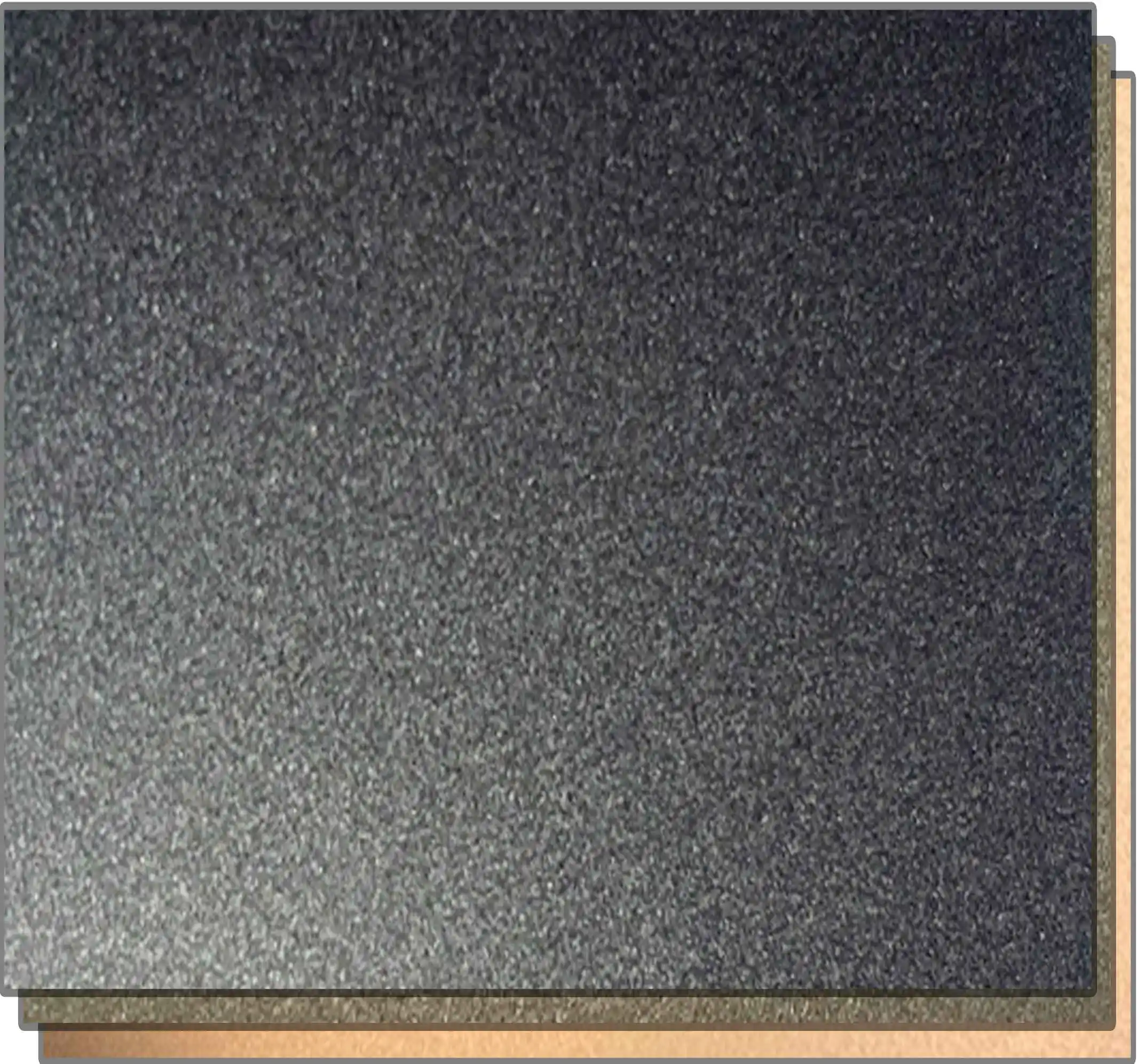
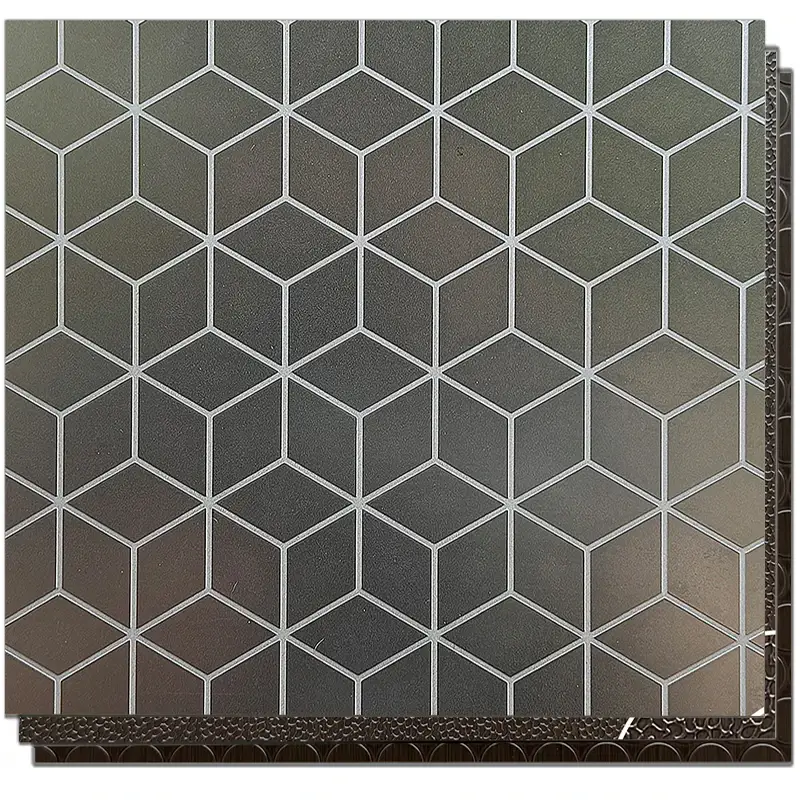
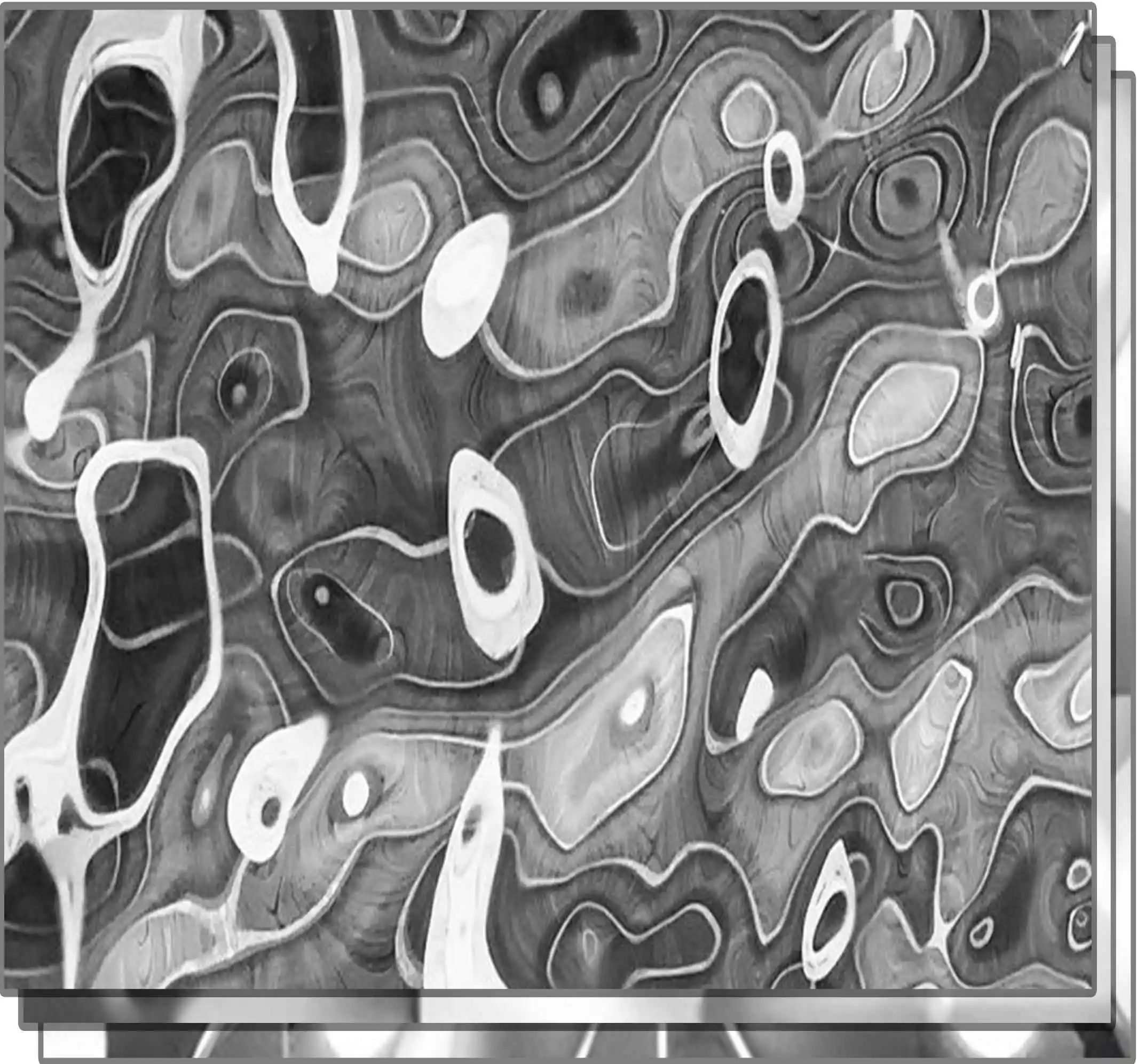
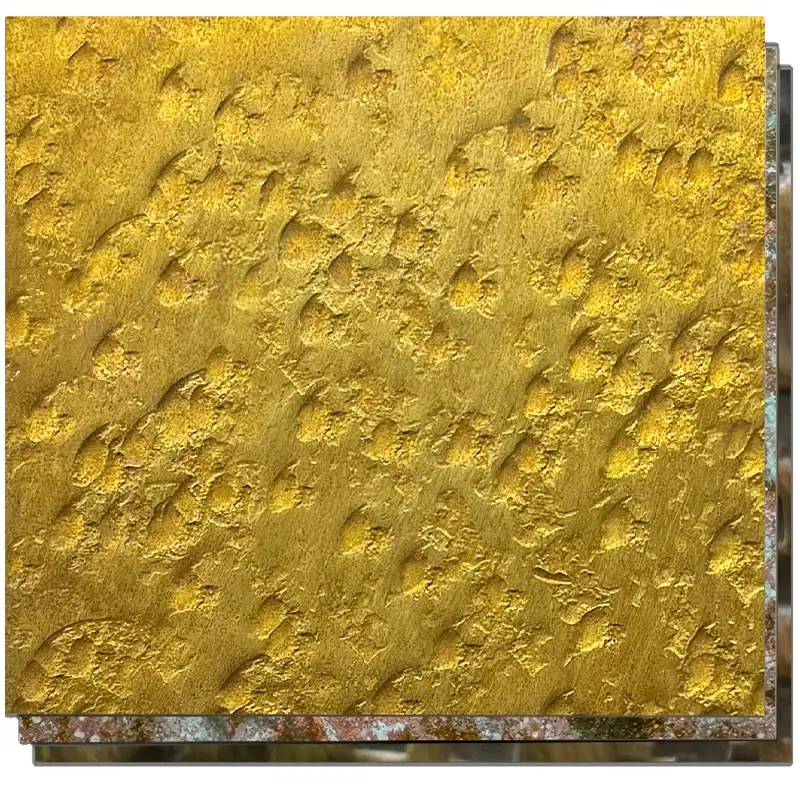
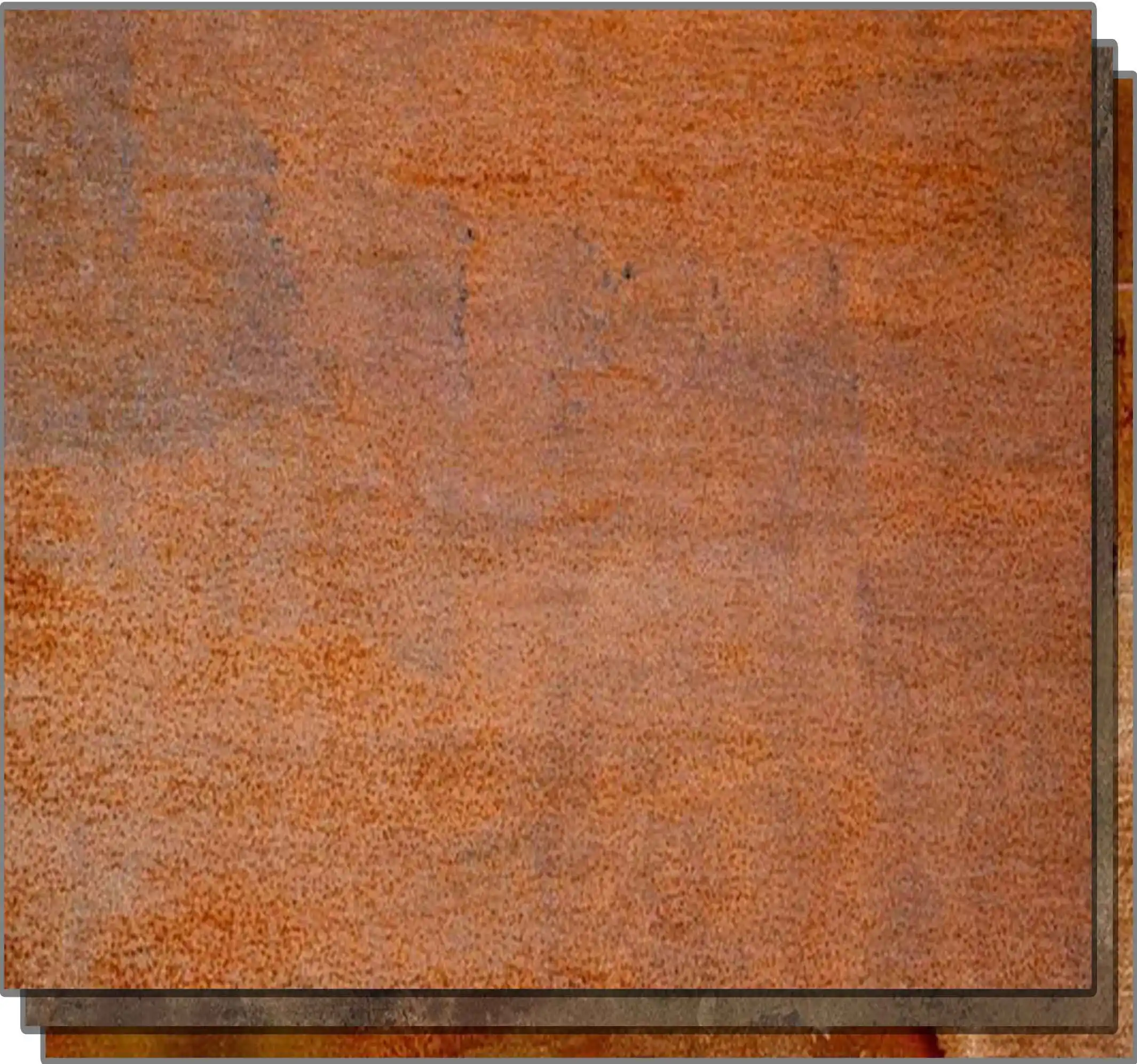
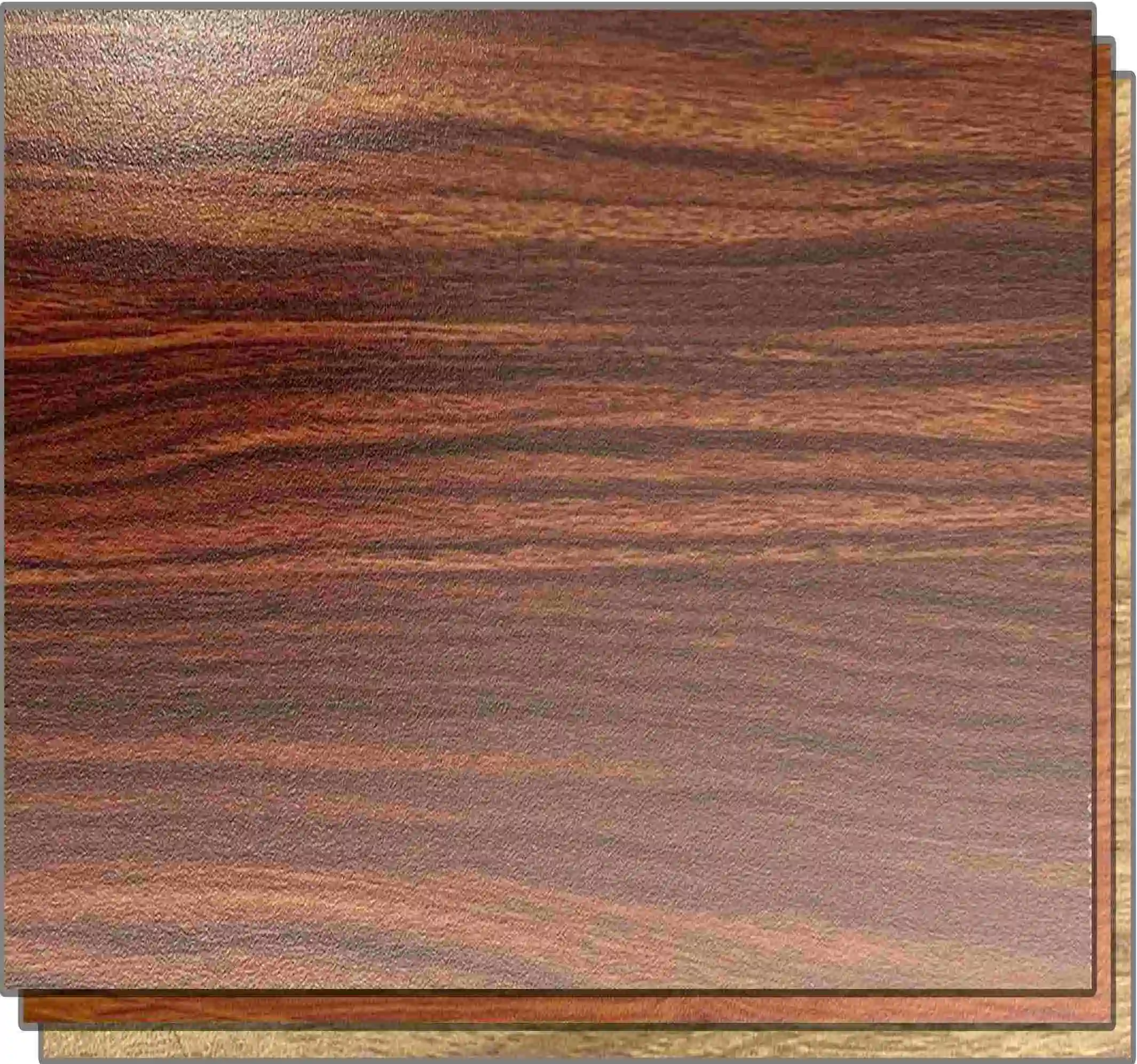
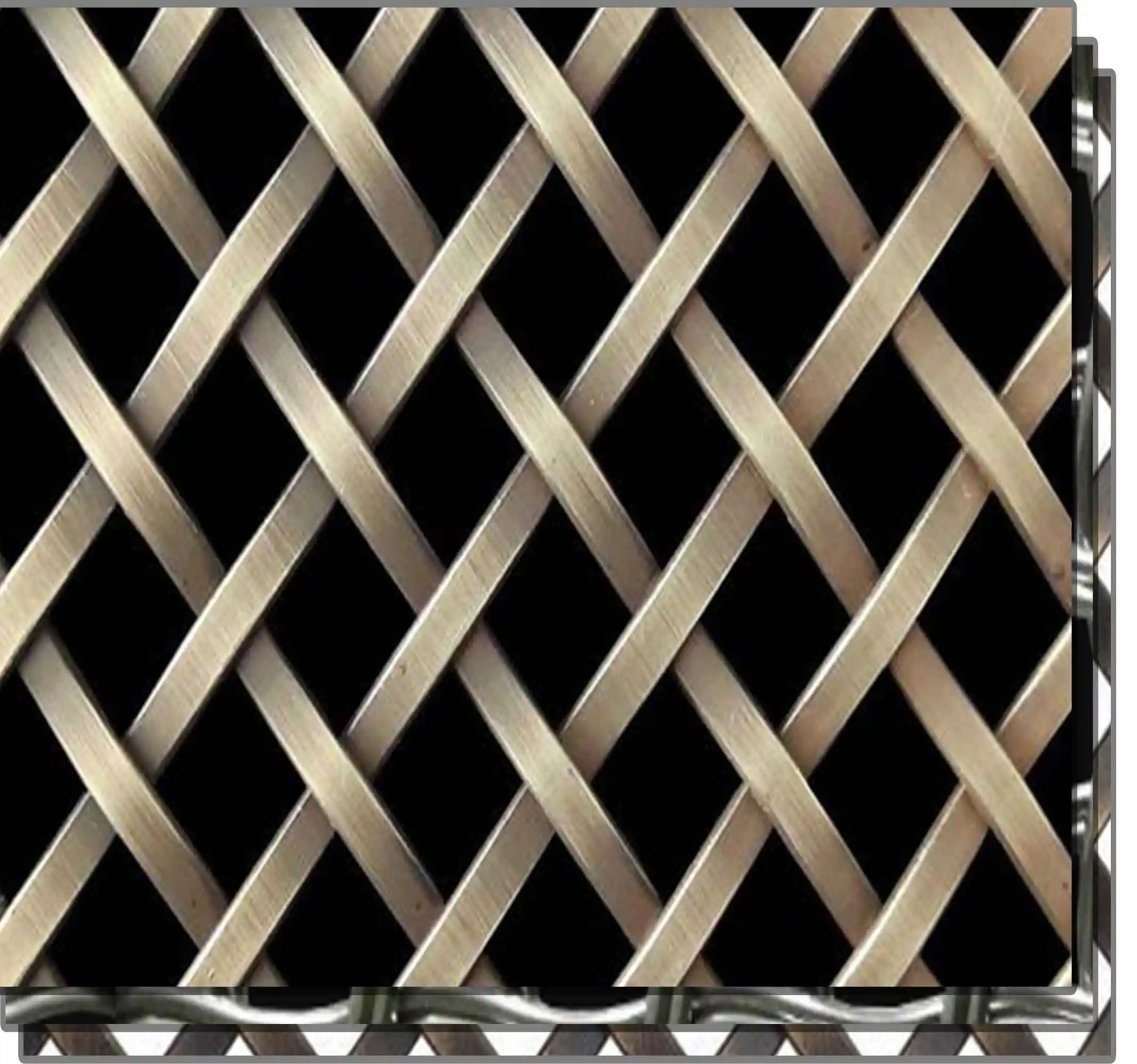
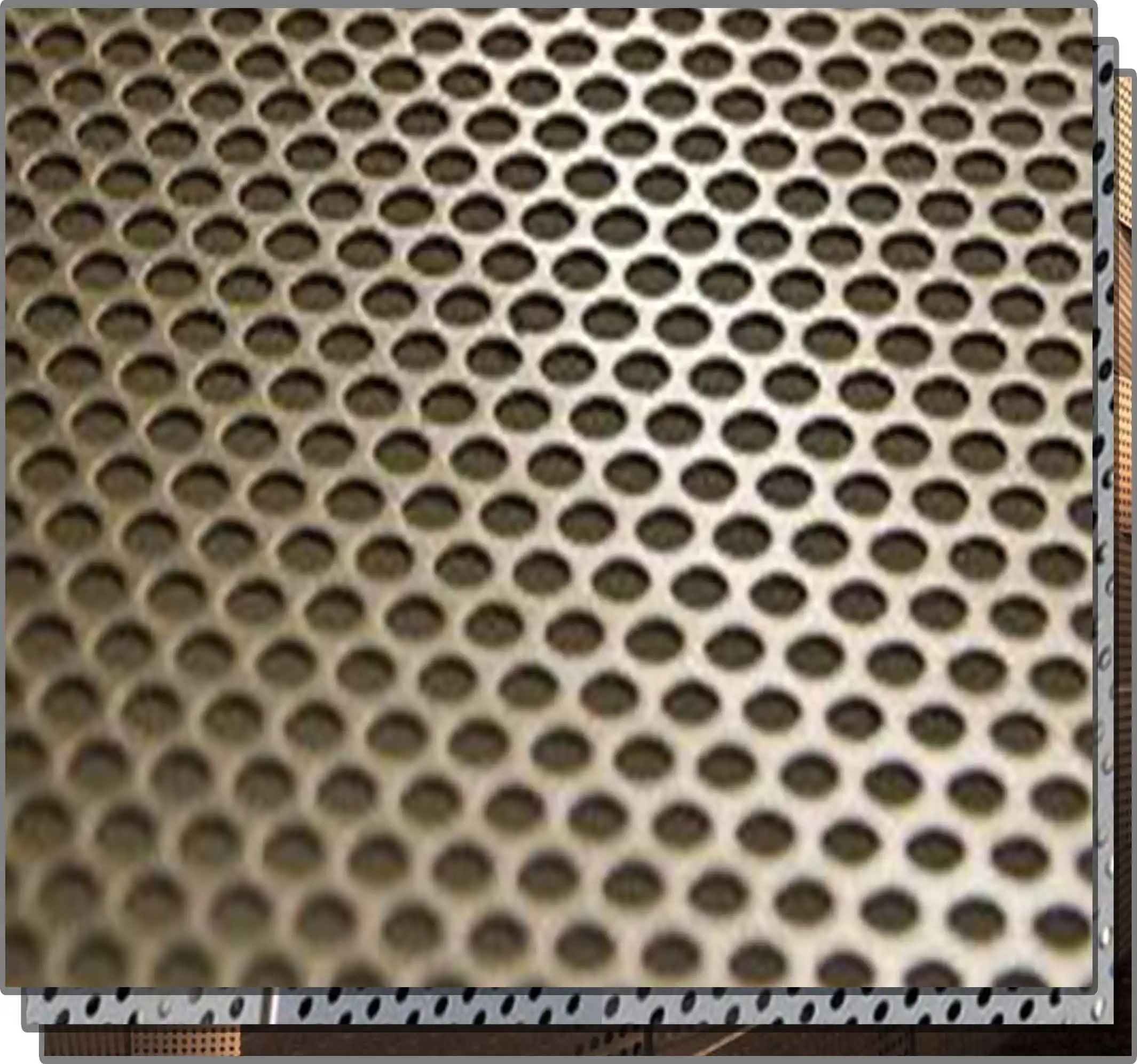
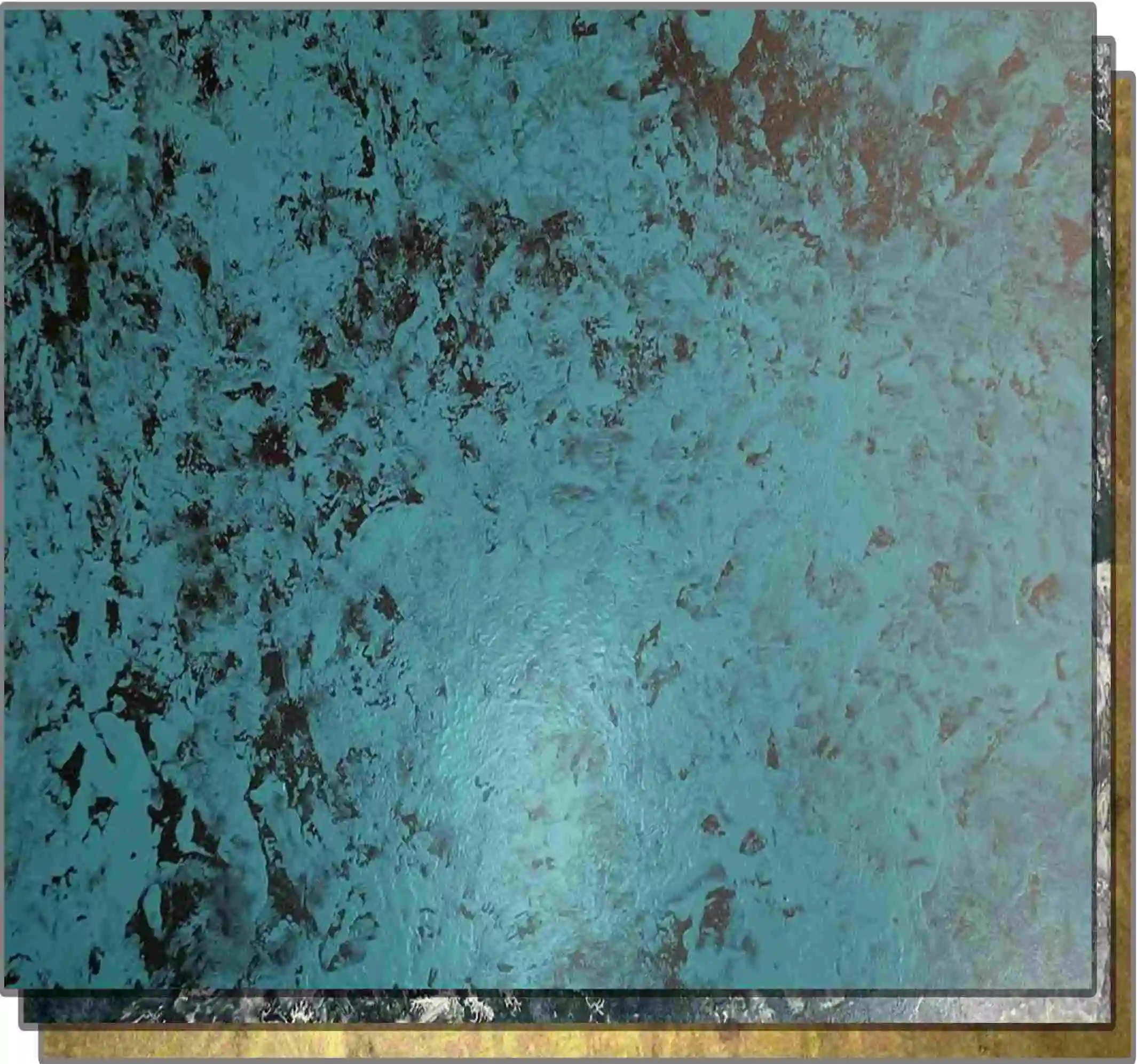
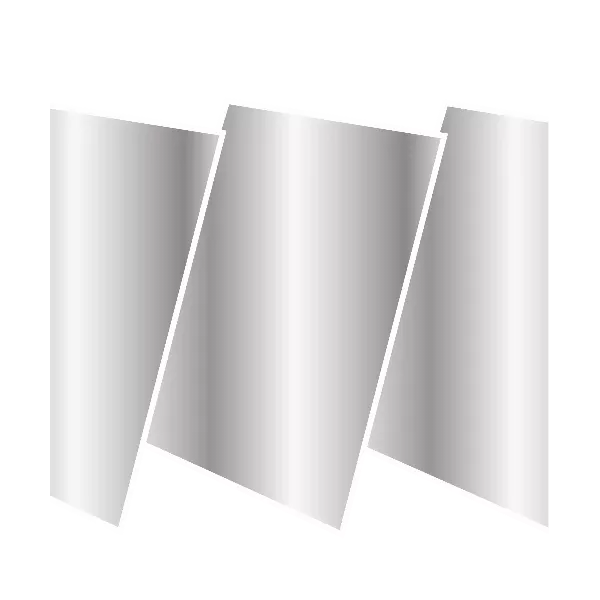

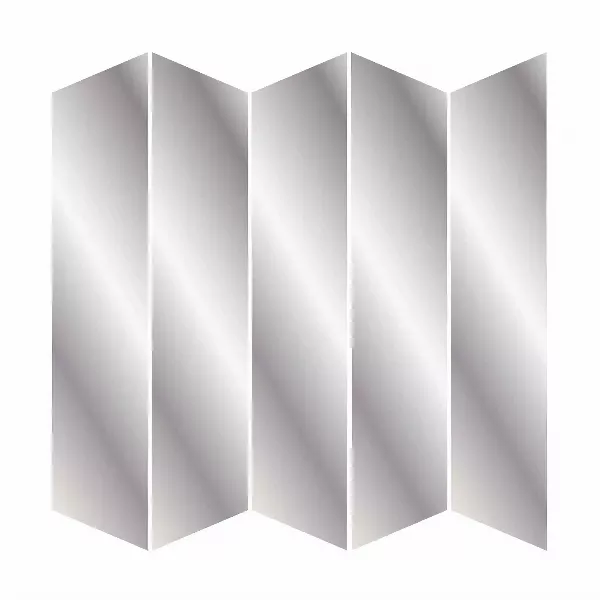
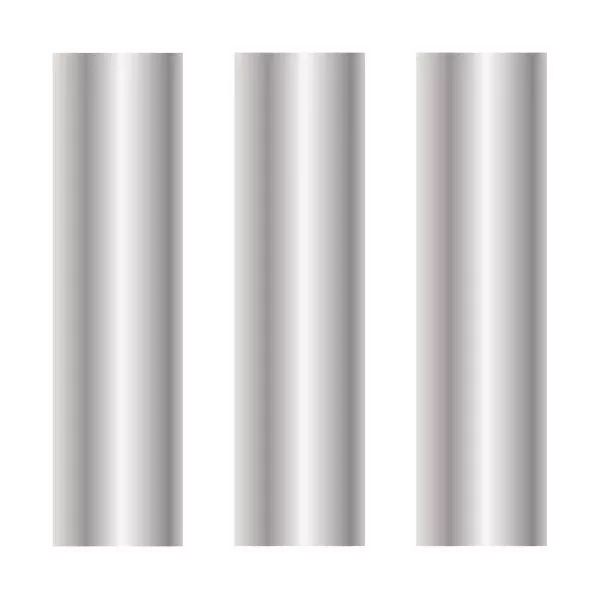
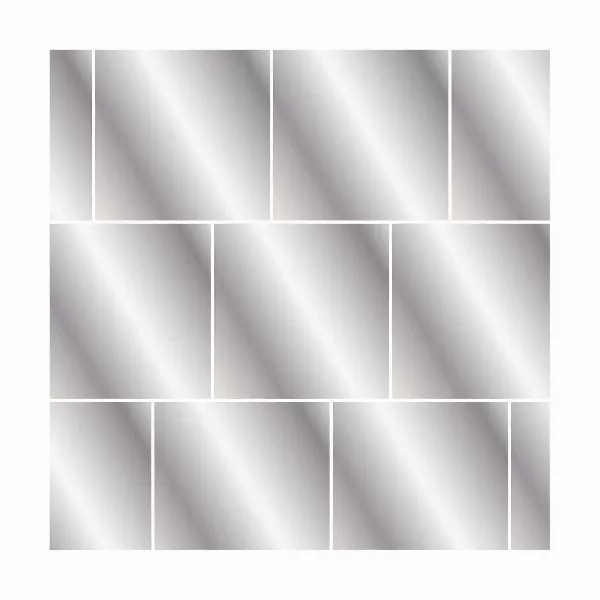

関連ニュース
2025-06-18
2025-06-11
2025-05-20
2025-05-16